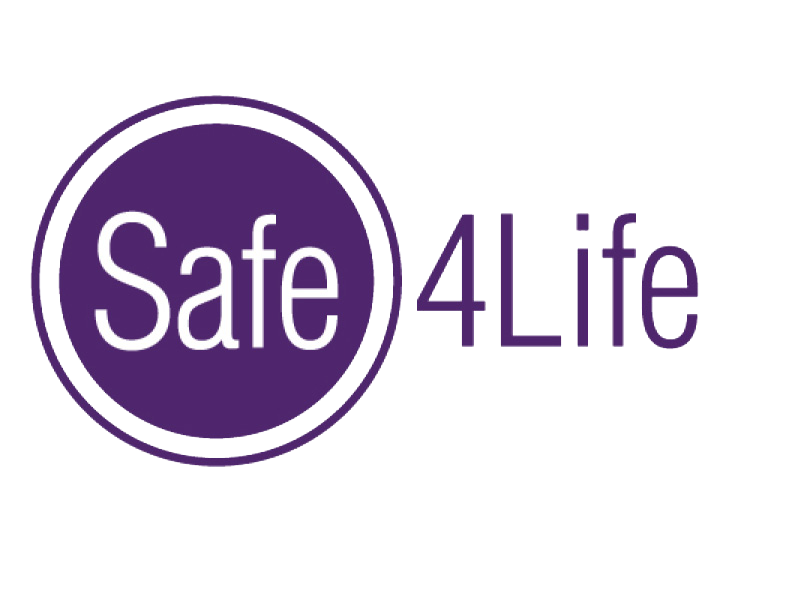It is important to ensure you are well aware of people who have contact with your children – friends, family members, acquaintances and caregivers. Make sure these individuals respect your wishes for your children, and that your children know you are alert to their safety needs.
- Help children learn clear boundaries and be consistent in protecting them. Let your children know it is ok to refuse to comply with a request from someone if they don’t feel comfortable. If that person persists with your child, help your children with the skills to leave the situation and seek help from someone they trust.
- Talk with your children about ‘safe strangers’ and ‘safe places’. Store clerks with names tags, customer service desks, parents with strollers are all options for children if they feel scared and uncomfortable in public settings.
- Ensure you respect your child’s boundaries in play, teasing and affection. If a child expresses or shows discomfort in some way, let them know you see it and immediately change your interaction. These brief moments are the teachable ones that have significant impact.
- Let children know that touch, problems, games and presents should never be secrets. Help your child understand that it is never ok to keep a secret at the request of another adult, older child, or teenager. Remind them to speak with you about any interaction that doesn’t feel comfortable or safe.
- Teach safety skills in a calm, conversational type manner. Make safety stories part of a regular conversation you have with your children. Questions like: ‘what would you do if…” are great conversation starters. Ensure you have these conversations regularly and be sure to answer any questions or concerns they have.
- Use proper names for body parts. When children know and use the appropriate body terminology, they tend to develop a more positive self-image and see all their parts with respect. We don’t have nicknames for a nose or elbow, nor should we for a penis or vagina.
- Teach children to keep private body parts private. Help children to understand the difference between a doctor’s examination of their body and that of a potential offender. Help them to know you are with them in a doctor’s office to protect them and help them to feel comfortable. And that it is never a secret. Anyone else who may want to touch them, is never allowed.
- Talk with your children about intuition as their body’s alarm system. In the same way a fire alarm alerts people to danger, our body has an internal alarm that alerts us to danger and harmful situations. Help your child think of times when they have felt scared or unsafe, where they sensed that in their bodies, and what they did to fix it.
- Help your child develop a safety plan. Talk with your children about getting away from an uncomfortable situation, and getting to safety. Let them know its ok to scream and run, and find someone to help them. Children sometimes need permission to remove themselves from a situation that causes them discomfort – too often they stay longer than they should.
- Teach your child the SuperHero Walk. Have your child practice walking with confidence – like their favorite SuperHero. It helps your child feel strong and in charge of their bodies, and sends a clear signal to others that they are not an easy target

